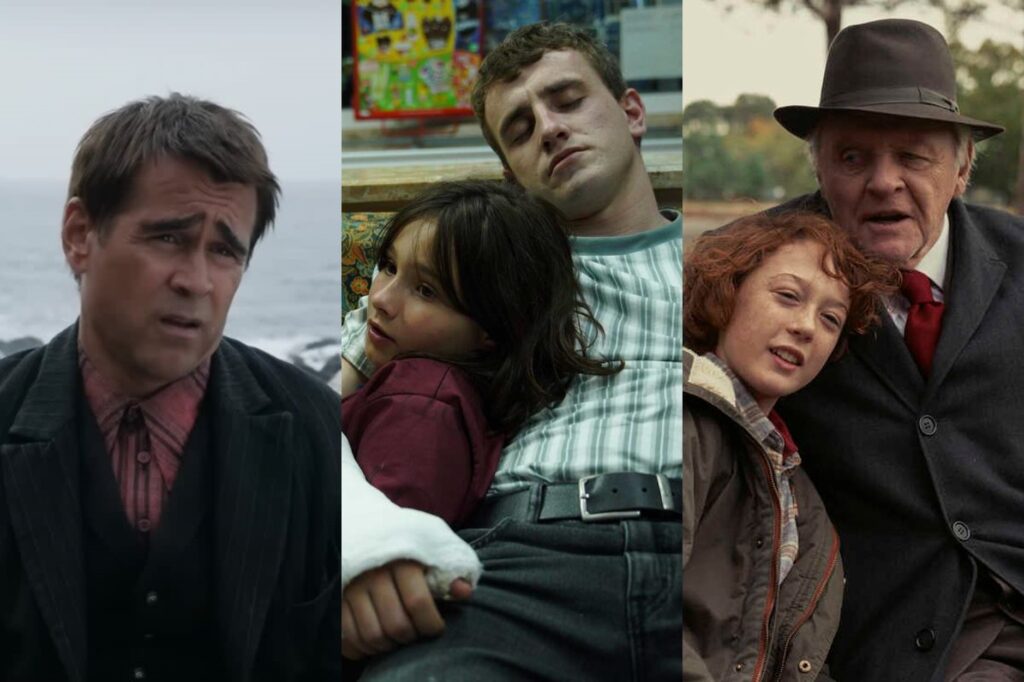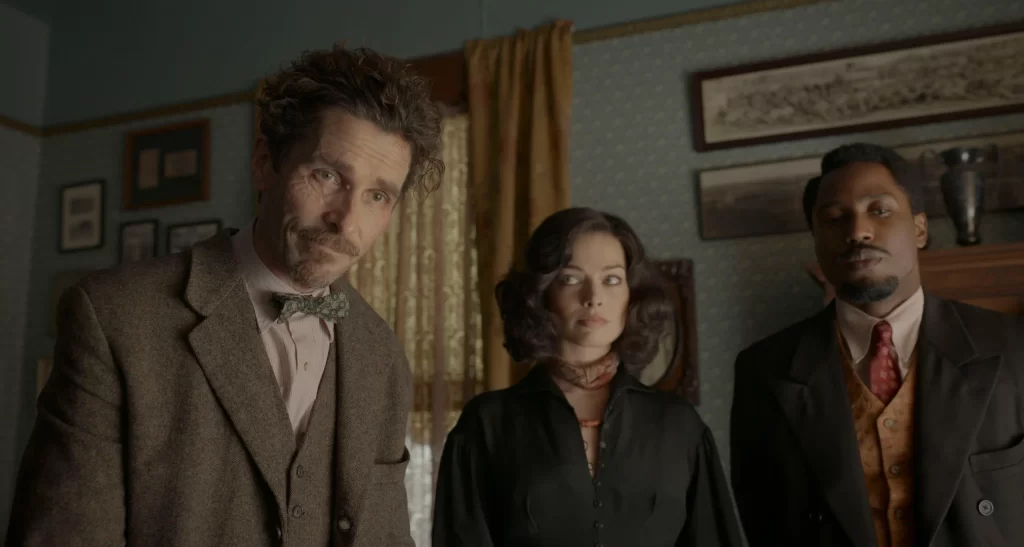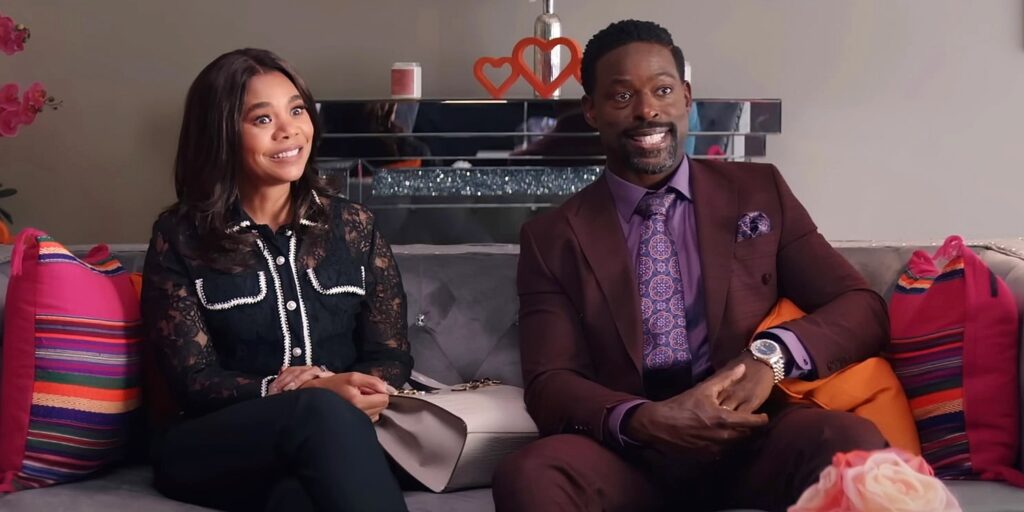Getting Personal: The Banshees of Inisherin, Armageddon Time, and Aftersun

Today marks the long-awaited arrival of Black Panther: Wakanda Forever, an enormous blockbuster that will make gobs of money, thereby rescuing the box office from its “post-summer slump.” But just because recent releases haven’t been financially successful doesn’t mean they haven’t been interesting. This past weekend featured modest expansions of three small-scale movies that collectively scraped together less than $3 million, which is less than Wakanda Forever will earn in an hour. There’s nothing inherently venerable about independent films, but these three pictures have more in common than modest budgets; they’re also all notably personal in their storytelling, with original screenplays written by their director. If Black Panther is the antidote for Hollywood’s commercial doldrums, these movies provide a valuable reminder that contemporary cinema consists of more than franchises and superheroes.
It doesn’t get much more personal than Armageddon Time, James Gray’s autobiographical depiction of his childhood in Queens in 1980. (In this, Gray gets a jump on Steven Spielberg, whose Arizona-set self-reflection, The Fabelmans, hits select cities today and will go nationwide the day before Thanksgiving.) Gray casts the fresh-faced, soft-featured Banks Repeta (recently in The Devil All the Time and The Black Phone) in the role of young James Gray Paul Graff, an aspiring artist whose idle classroom drawings exhibit greater skill than your typical 12-year-old doodle. Maybe someday he’ll grow up to be a talented filmmaker. Who can say? Read More




